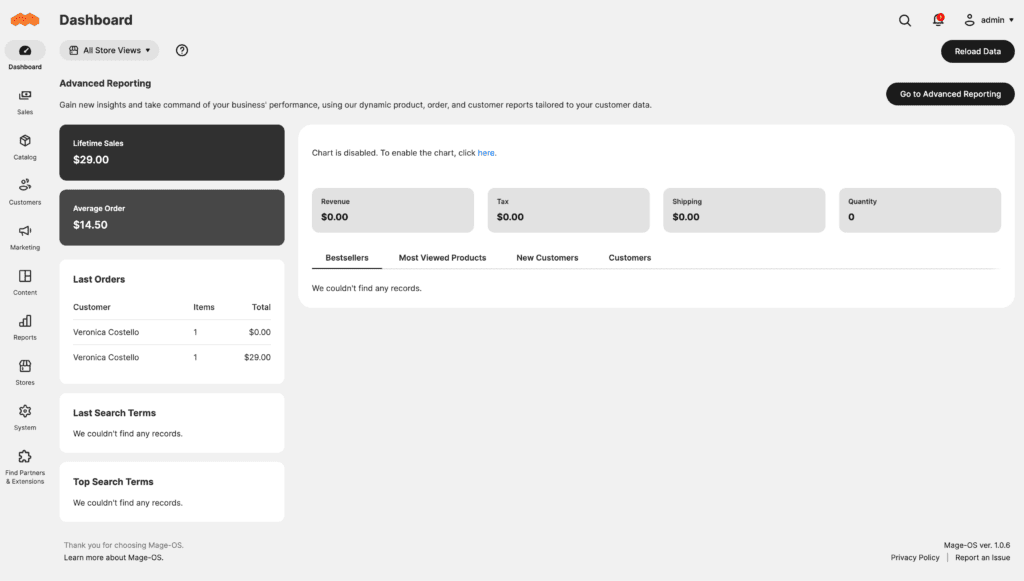Mage-OS February Update
February was an active month for Mage-OS, with important progress in development, testing, infrastructure, and community collaboration...
Mage-OS is a community-owned e-commerce platform that grows with your business. Fully open source, backed by a global network of developers and agencies ready to help. New to e-commerce platforms? See if Mage-OS is right for you
Stay up to date with the latest Mage-OS releases, community events, and ecosystem news.
February was an active month for Mage-OS, with important progress in development, testing, infrastructure, and community collaboration...
The Mage-OS community will host a live, fully online hackathon on February 13, bringing developers from around the world together to collaborate in real time....
For more than fifteen years, Magento has stood as one of the most solid, flexible, and complete e-commerce platforms in the world. Thousands of merchants,...
Meet the Mage-OS community at conferences and meetups around the world.
Built on the rock-solid Magento foundation with all the latest security fixes and platform improvements.
Innovations from the Mage-OS Lab including PCI DSS 4.0 compliance, AI-powered translation, and performance optimization.
Accessible contribution pathways, comprehensive documentation, and active community support empower developers at every level.

Mage-OS Distribution delivers the performance, security, and flexibility that companies rely on, with the transparency and agility only true open source provides.
Mage-OS builds on Magento Open Source's proven foundation while introducing performance enhancements, security improvements, and cutting-edge features driven by real-world needs.
Lightweight by design, optimized for speed, and ready to scale from SMB to enterprise without compromise.
Built on the latest Magento security patches with proactive community-driven improvements and faster patch cycles.
Highly compatible with existing Magento 2 extensions and integrations. Your website stays intact.
Collaborating closely with Mage-OS is not just about securing our clients' future; it's about actively shaping it, contributing to making Mage-OS even better.
Making the decision to sponsor Mage-OS and become a gold partner was the easiest decision we've made. We are very excited for the future of the Magento platform.
Mage-OS represents the future of open-source ecommerce. The community-driven approach ensures the platform evolves based on real merchant and developer needs, not just corporate priorities.
Our network of certified partners provides implementation, consulting, and support services for businesses of all sizes
Full-service store setup, migration, and custom development from experienced agencies.
Strategy, architecture review, and optimization guidance from Magento experts.
Maintenance, security updates, and troubleshooting from dedicated support teams.
Understand the real costs of hosting, development, and maintenance before you start.
There are many ways to get involved with Mage-OS, regardless of your experience level
Submit pull requests for bug fixes, new features, or performance improvements on GitHub.
Connect with developers and merchants in real-time. Weekly tech meetings every Tuesday at 3 PM CET.
Support the project financially and gain voting rights in our democratic governance.
Meet us at Meet Magento events worldwide and local community gatherings.
Install Mage-OS today and join the many merchants and developers building the future of open-source ecommerce.